Smoking before surgery puts you at risk for death and other complications
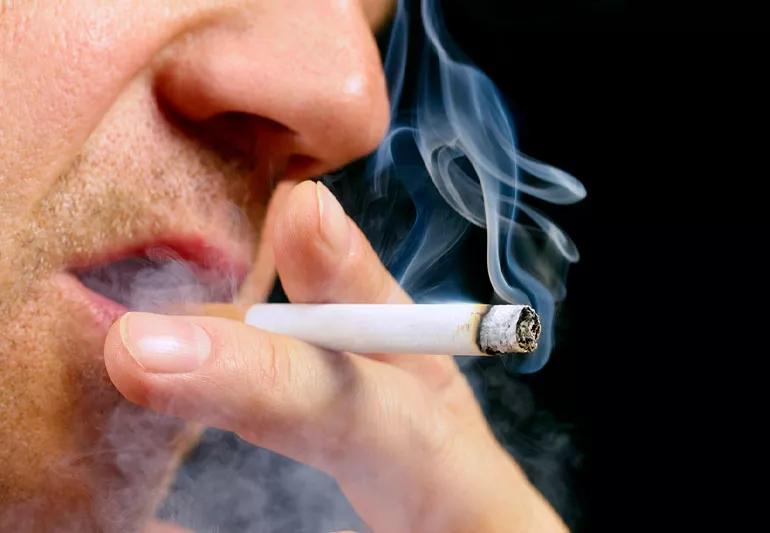
The list of benefits that go along with quitting smoking goes on and on, including reducing your risk of cancer, heart disease and early death. But what happens when you smoke but have an upcoming surgery and your doctor tells you to quit right away?
Advertisement
Cleveland Clinic is a non-profit academic medical center. Advertising on our site helps support our mission. We do not endorse non-Cleveland Clinic products or services. Policy
Now is a better time than ever to stop smoking.
“Smoking before surgery puts you at a higher risk for postoperative heart attacks, blood clots, pneumonia and even death,” says pulmonologist Humberto Choi, MD. “When I schedule surgery, I tell my patients they should stop smoking right away.”
Even though it’s easier said than done, quitting smoking can make a huge difference in your health and recovery from surgery. In fact, the longer you abstain from smoking, the better your chances of a healthy recovery, among other benefits.
One JAMA study compared post-surgery risks for 125,000 people who smoke, 78,000 people who quit smoking at least a year before surgery and 400,000 people who have never smoked. In comparing people who smoke with people who quit smoking, researchers found that those who smoke were 17% more likely to die and 53% more likely to have serious heart and lung problems.
Yet people who'd quit smoking at least a year before surgery had no increased risk of death compared to those who'd never smoked.
“You should do your best to avoid cigarette smoke before surgery,” says Dr. Choi. “Secondhand smoke can cause coronary heart disease, stroke and lung cancer.”
Dr. Choi explains why smoking before surgery is risky:
Advertisement
The anesthesia team can tell immediately if the patient smokes.
“Anesthesiologists have to work harder to keep people who smoke breathing while under anesthesia, fighting against lungs compromised by cigarette smoke,” says Dr. Choi. “That makes it more likely that bronchodilator medications like albuterol must be used.”
The American Society of Anesthesiologists reports that smoking reduces blood flow and your surgical incisions are more likely to become infected since it slows healing.
Smoking compromises heart function, putting a patient at a greater risk for heart problems during or after surgery. That same JAMA study found that people who smoke had a 77% greater risk of heart attack after surgery than people who don't smoke.
Tobacco harms your heart and blood vessels. They disturb normal heart rhythms, contribute to inflammation and increase your blood pressure and heart rate. Not only that, but smoking increases your risk of heart failure, heart attack and dying from heart disease.
Carbon monoxide in the body of people who smoke robs tissues of the oxygen they need to heal. The toxins in the blood of people who smoke also permeate the tissue, which further compromises the healing process. If you don’t quit smoking before surgery, you may be at higher risk for infections since oxygen is the main source for healing wounds.
Even if you quit 24 hours before your surgery, that can increase the amount of oxygen in your body. No matter if you’re new to smoking or you’ve smoked for 20 years, it’s still crucial to quit smoking on matter what.
The good news is that an upcoming surgery can be just the motivation a person who smokes needs to finally kick the habit. Quitting tobacco is always a good idea, and your upcoming surgery can be just what the doctor ordered. Talk to your doctor about resources that can help you quit smoking as soon as possible.
“Surgery is a great time to quit,” says Dr. Choi. “When I talk through the risks of pneumonia, heart attack and death, it helps patients understand the increased risks they face and highlights how they can improve their outcome.”
Advertisement

Sign up for our Health Essentials emails for expert guidance on nutrition, fitness, sleep, skin care and more.
Learn more about our editorial process.
Advertisement

Vaping exposes you to thousands of chemicals, including many that are known to cause cancer and lung disease

Smoking can make symptoms from cancer treatment worse, and can even make treatments less effective

From dental diseases to cardiovascular problems, the harmful effects of smoking hookah have plenty of downsides for your health
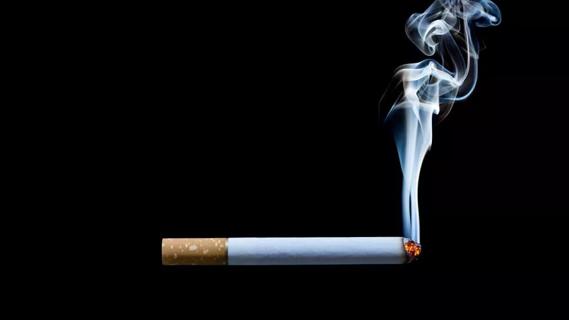
Even only a couple cigarettes a day can lead to potentially deadly lung diseases like COPD and emphysema

Your risk goes down once you quit, but you may still need a lung cancer screening
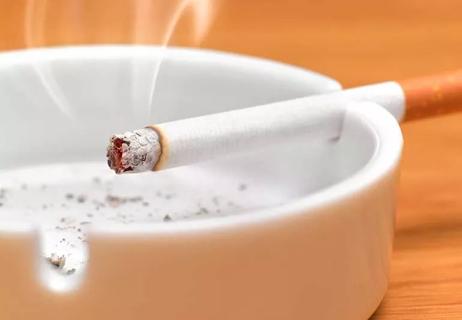
Cigarettes increase your risk of developing the condition and worsening its effects
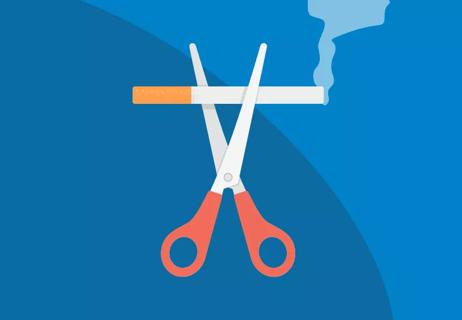
Health benefits start within 20 minutes and continue to grow for years after
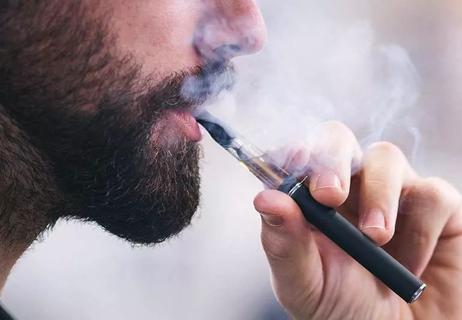
Each comes with substantial health risks and should be avoided

Even small moments of time outdoors can help reduce stress, boost mood and restore a sense of calm

A correct prescription helps your eyes see clearly — but as natural changes occur, you may need stronger or different eyeglasses

Both are medical emergencies, but they are very distinct events with different causes